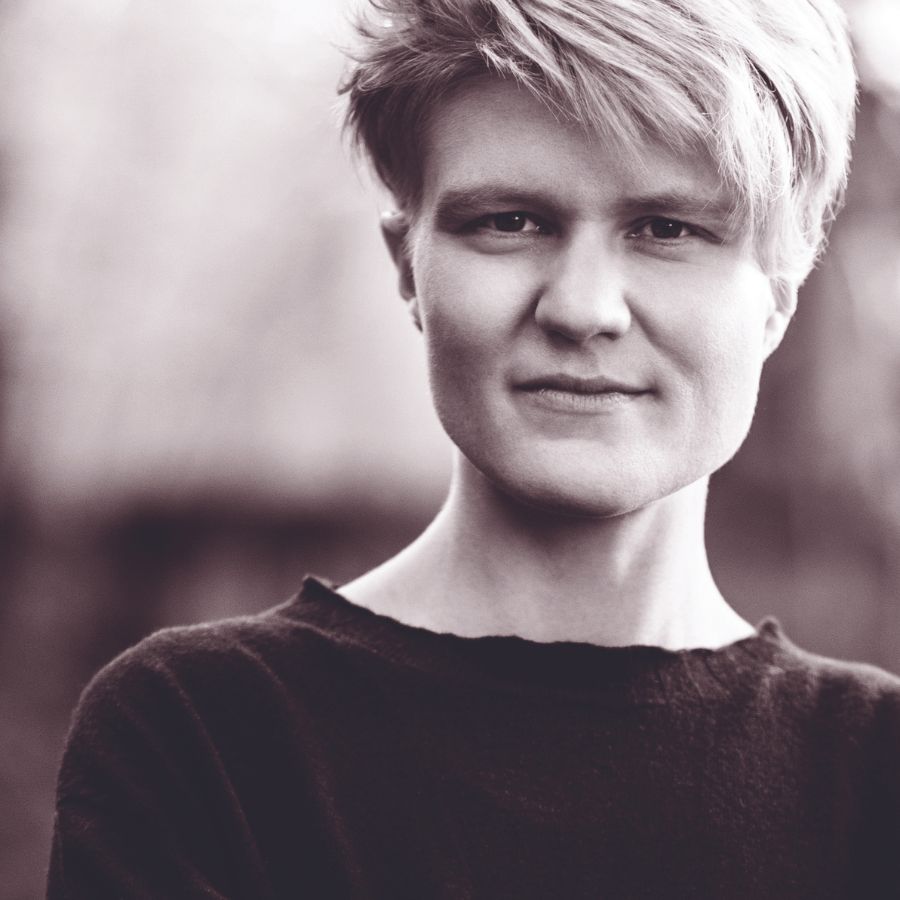Byron Writers Festival 2022
Memoir Ethics
We are living through a golden age of life writing. Memoir is a booming publishing genre, while the internet has spawned the first-person industrial complex. There is much to celebrate about this trend. The explosion of life writing has allowed marginalised individuals to tell their stories and speak truth to power. It has diversified the literary world, built empathy and understanding, forged new communities, brought taboo topics into the spotlight, and reshaped the public conversation.
But memoir is not an unalloyed good. It can damage relationships, defame individuals, exploit writers and more. How can we avoid this harm to ourselves and others? And should we even be seeking to do so—is causing harm, in fact, sometimes justified? In short, what does it mean to write memoir ethically in the 2020s?
This masterclass will explore these questions through discussion, case studies and personal reflection. We won’t come up with any definitive answers, but we will gain a deeper understanding of the issues at stake and develop tools to apply to our own writing practice.
Date: Thursday 25 August
Time: 9.30am – 12.30pm
Where: Byron Community Centre, Wategos 2. Upstairs at 69 Jonson Street, Byron Bay
Cost: $85 General / $60 Members & Students
About the Facilitator
Dr Yves Rees (they/them) is a writer and historian based on unceded Wurundjeri land. They are a Lecturer in History at La Trobe University, the co-host of Archive Fever history podcast, and the author of All About Yves: Notes from a Transition (Allen & Unwin, 2021). They are also co-editor of Nothing to Hide: Voices of Trans and Gender Diverse Australia, forthcoming with Allen & Unwin in September 2022. Rees was awarded the 2020 ABR Calibre Essay Prize and a 2021 Varuna Residential Fellowship. Their writing has featured in the Guardian, The Age, Sydney Review of Books, Australian Book Review, Meanjin and Overland, among other publications.

